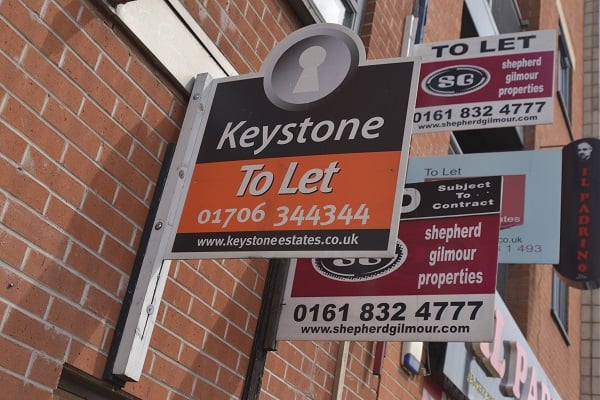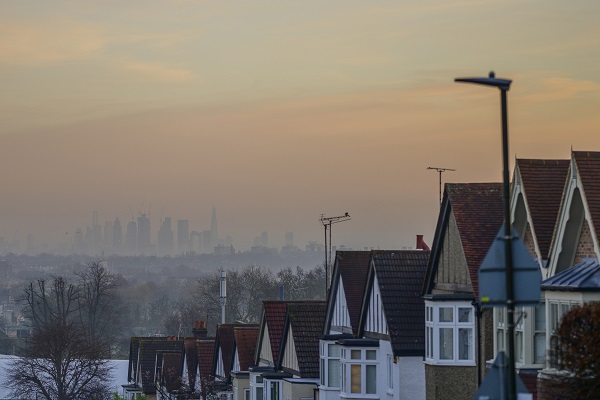You might have seen the news last week about the Government being warned to reinstate the eviction ban to mitigate a homelessness crisis.
The warning is in response to a report from the Kerslake Commission on Homelessness and Rough Sleeping that says if the Government doesn’t intervene, it could lead to a homelessness crisis and leave vulnerable tenants on the streets.
Sim Sekhon, Managing Director of LegalforLandlords, however, states that the current crisis is nothing like the pandemic and that reintroducing the ban will only exacerbate an already difficult situation for many landlords.
Mr Sekhon says, ‘We’re still working with a backlog of landlords who have had their evictions postponed due to the pandemic and, more recently, the Queen’s funeral. We’re being offered January now for many court dates. That’s a long time for landlords to wait for resolution and is having a huge financial impact’.
In fact, Mr Sekhon says that an eviction ban could have the opposite intended effect and stagnate the economy by impacting buyer/seller activity for landlords.
There is no doubt landlords need to act responsibly when it comes to managing tenants and rent prices, however, it must be remembered that rising interest rates are negatively impacting landlords, many of whom are homeowners on variable interest rates.
It seems the Government is not considering this or offering any proposals to support landlords, who have already been severely impacted by many legislative changes and taxation over the years.
We fully support protecting the most vulnerable and are pleased to see the increased support for Councils and the cap on energy prices, which comes into effect from 1st October. However, we’d like to ensure that the burden is not shifted elsewhere in society, which could slow economic growth.
In other news, the budget has been announced and corporation tax will be staying at 19% (there’s no increase, as anticipated) and a cut on stamp duty starts today. That means there’ll be no stamp duty paid on properties up to the value of £250,000 (this currently sits at £125,000) and no stamp duty for first-time buyers on properties up to £425,000 (currently £300,000).
This will no doubt spark some activity in the housing market, but considering the average property is now over £260,000 and there are still deposits and ever-changing mortgage products to factor in, it’s unlikely to shake things up too much. We still think longer-term fixes are the more desirable option.
While the budget might inject optimism into those who want to buy imminently, we’re more likely to see a status quo in the coming months. It’s the news of the second blanket ban on evictions that’ll be on our radars, which we believe will negatively impact the economy and undermine the positive action being taken by the Government. We’ll keep you posted.






Leave a Comment